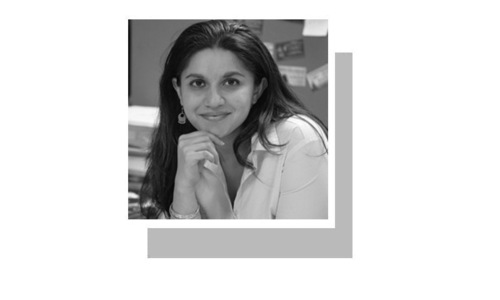KARACHI: Sindh Assembly on Thursday was informed that there was an acute shortage of specialised doctors in government hospitals as the postgraduate medical practitioners preferred to go abroad or work in the private sector due to ‘meagre’ salaries offered by the provincial government.
Furnishing a statement and replies to the legislators’ written and oral queries, Health Minister Dr Azra Fazal Pechuho informed the thinly-attended house that the shortage of specialised doctors persisted across the globe and a large number of postgraduate doctors were leaving for the United States, Europe and Middle East where they were offered lucrative packages.
To a verbal question by Muttahida Qaumi Movement-Pakistan member Muhammad Dilawar on behalf of Opposition Leader Ali Khurshedi, she said that the doctors working in the government hospitals were not allowed to carry out private practice, but it was all the more difficult to refrain them from it.
Dr Pechuho said that the postgraduate doctors preferred to work in the private sector where they could make five to six times more money than the provincial government offered them. “A specialised doctor nowadays works simultaneously in five to six private hospital on rotation, while who go abroad are paid much more than that only because provincial government does not have that much resources to compete with the private sector,” she said.
Issues of health practitioners’ shortage, loadshedding in Karachi discussed
It may be noted that the provincial government has recently approved additional 200 seats of postgraduate doctors to meet their shortage in the Jinnah Postgraduate Medical Centre, a 2,200-bed facility with 753 PGs.
The MQM-P lawmaker also pointed out that doctors usually were not either available for patients at the government hospitals, or those present advised people to visit their private clinics for effective and proper treatment.
She said that bio-metric system was being installed in all major provincial government hospital to ensure the attendance of all doctors, including PGs.
When the MQM-P member drew her attention towards the expensive robotic surgery, she admitted that the cost of the procedure was too prohibitive, but had other multiple advantages such as less trauma and stay of patient at the hospital. “The most complicated surgical operations can be conducted through robotic surgery,” she added.
Local Government Minister Saeed Ghani told the House that though the shortage of water in the city was mainly due to a wide gap between supply, the frequent prolonged load-shedding by the K Electric piled miseries on people.
Responding to a call attention notice given by the Pakistan Tehreek-i-Insaf-backed Sunni Ittehad Council member Bilal Hussain Khan Jadoon, he said that water was supplied to several localities through reservoirs where power supply was disconnected along with the residential areas.
Mr Jadoun said that there was an acute shortage of clean drinking water in his constituency that comprised of several localities, including Kharadar, Burns Road, Saddar and Clifton.
Published in Dawn, May 24th, 2024













































Dear visitor, the comments section is undergoing an overhaul and will return soon.